Get your sales team excited about co-selling with partners by offering monetary rewards and giving them partnership-related goals.

If partnerships can lead to a 50% faster time to close, a 232% increase in feature adoption, or a #1 ranking in an app marketplace, why is managing the sales team’s execution of partnership strategies a top challenge for partnership leaders? The metrics are there, but the morale oftentimes isn’t.

Sometimes you need to offer a little sumpin’ to get the ball rolling (remember that $5 you got for doing chores around the house?) and incentivize your sales reps to co-sell with partners. Once they see how partners can shorten their time to close and increase deal sizes — there’s no lookin’ back!
Keep in mind: As your partner program matures, resources like headcount and budget will change. What you can offer to your sales team at a given point in time may not be as efficient as your company enters into its next phase of growth. That’s why we’ve tied each incentive to a corresponding level of partner program maturity.
Check out these five incentives for getting your sales team in the co-selling mindset — and discuss the pros and cons with your sales leadership team.
1. Establish partnerships-focused OKRs for your sales team (and include sales accelerators)
Tying partnerships to your sales team’s objectives and key results (OKRs) is a great way to ensure your team is co-selling.
Start at the leadership level. It’s likely that you as a partner manager have goals that are tied to sales. Along those same lines, your sales leader should have goals tied to partnerships. Your sales leader could be held accountable for ensuring your company engages partners to:
- Qualify opportunities
- Close deals
- Increase deal sizes
- Shorten the time to close for opportunities won
Then, your sales leader should assign OKRs to each of their sales reps to ensure they:
- Hold calls or meetings with their counterparts at your partner companies each week
- Close a specified number of partner-sourced or partner-influenced deals
Use sales accelerators to your advantage. Sales accelerators are put in place to encourage sales reps to close deals after they’ve hit their quota for the quarter. For example, if the sales rep has already closed 100% of their $500K annual recurring revenue (ARR) quota, they may feel inclined to wait on closing more deals that could help them meet their quota in the following quarter.
This is where sales accelerators come in — providing your sales rep with a greater commission on opportunities closed after they hit their quota. So, rather than offering their standard 10% commission, for example, the sales rep can earn 12% commission on deals closed after they’ve hit their quota. Why not offer the same incentive for partner-sourced and partner-influenced deals?
Bonus: At the end of each quarter, measure your sales team’s partner engagement and raise the bar for them to hit bigger goals in the quarters to come.
Great for: All partner program maturity levels
You’re just as likely at the 50-100 employee mark as the 1,000+ employee mark to rely on OKRs for growth. Building partnerships-focused OKRs into your sales team’s goals each quarter can set a standard bare minimum for partner engagement from your sales reps and establish stretch goals to fuel more engagement.
Furthermore, establishing partnership-related goals at the leadership level will help the partnerships responsibility cascade down through the entire sales team.

2. Offer a SPIF as an immediately redeemable reward
Allocate some of your sales budget towards offering sales program incentive funds (SPIFs), or immediate cash incentives, to your sales reps (think: a reloadable debit card or gift card). You can reward your sales rep with a SPIF for:
- Closing a deal with a partner
- Increasing the deal size by a certain percentage through partner engagement
- Shortening their time to close on a given deal with a partner
If you find yourself offering bonuses every week, great (that means your sales reps are getting better at working with partners!). But we know this isn’t for everyone given the incentive’s budgetary needs.
Great for partner program maturity level #3 “connector”
At the 100-employee mark (and upwards of 999 employees), you’re likely held accountable for partner-sourced and partner-influenced revenue. Also at this stage, your partner program is mature and you’re able to get the resources you need to drive repeatable results. Allocate some of your budget or the budget of your sales team towards cash SPIFs for closing opportunities with partners. It’s a win-win.
3. Provide your sales reps with MBO bonuses early on to drive behavioral adjustments
Offer management by objectives (MBO) bonuses in the beginning to set expectations and influence a behavioral adjustment. As a partnerships team of one, Shipware’s Director of Partner Strategy and Channel Sales Greg Unruh relies on his outbound sales reps to drive channel sales.
Unruh has adopted role-based partner pairing for matching his sales reps with their counterparts at various partner companies. This pairing process encourages his sales reps to co-sell with partners while maximizing the digital shipping company’s partnership resources.
To calculate MBOs for his sales reps, Unruh uses actions precedes results (APR) scoring. He:
- Assigns a set of predetermined numbers to corresponding partnerships-related activities (including meetings his sales reps host, webinars and demos they attend, phone calls they make, etc.)
- Records each sales rep’s partnership-related activities for the quarter
- Tallies the corresponding scores associated with each activity to calculate a sum

The APR score helps Unruh determine which sales reps are meeting their quotas for partnership-related activities and which aren’t. Unruh offers MBO bonuses to the sales reps who meet their quotas to fuel their adoption of channel sales tactics. Then, he phases the bonuses out.
Great for: Partner program maturity level #1 “explorer”
Use MBO bonuses early on to drive a behavioral change among your sales reps. When your partnerships team is small (hey, you), you need all the help you can get. Your sales reps can serve as your channel managers in disguise. Once your sales reps see just how much partners can help them accelerate opportunities and increase deal sizes, they’ll be hooked!
4. Compensate your sales reps for meeting with their counterparts
In our Partner Playbook, CM Group’s Director of Partnerships Mike Barnes says he offers payments to his sales reps for meeting with their counterparts at a partner company. For example, if one of Barnes’s reps is responsible for the U.S. Southeast, that rep would receive a one-time payment to meet with their partner’s rep covering the same territory.
Face-to-face (or Zoom-to-Zoom) engagement can make a huge difference in feeling confident enough to engage their counterparts regularly — versus letting their GCal reminder to reach out go stale.
“I didn’t care if they talked about their accounts, just that they spoke,” says Barnes. “That’s going to build the frontline thinking so when a partner’s customer has a requirement that our product helps with, they will turn to a friendly face.”
Great for: Partner program maturity level #2 “producer”
You know the power of meeting people in person. After all, the partnerships role is also a “people” role. Create space each week for your sales rep to engage with your partners. You’ll be helping them hone their people skills, open a dialogue with the partner, and develop an ongoing relationship (and cadence for check-ins). Train your team to meet with partners early on so it’s a no-brainer for them to engage partners in opportunities as your partner program matures.
5. Give your sales reps quota relief for the opportunities they help your partners close
For your most strategic partners that you know increase your bottom line with the more deals they close — give your sales reps 100% quota relief.
For example, if data shows that your prospects are more likely to become your customers after becoming a customer of your partner, it only benefits your company if your sales reps help your partner close more deals. If the deal is for $100K, let your sales rep retire $100K against their own quota. This gives your sales reps just as much incentive to close a deal for your partner as they have to close a deal for your company.
Great for: Partner program maturity level #4 “supernode”
You’ve proven the revenue your partners contribute through your partner program — through channel sales, renewals from integration adoption, and so on. Your leadership team is so bought in that they want their sales reps to help their partners close deals just as much as they want to close their own — because it in effect helps your company as well.
—
Take this incentives list to your sales leader to come up with a game plan for getting your sales reps on board with partnerships. And let us know how it goes at marketing@crossbeam.com



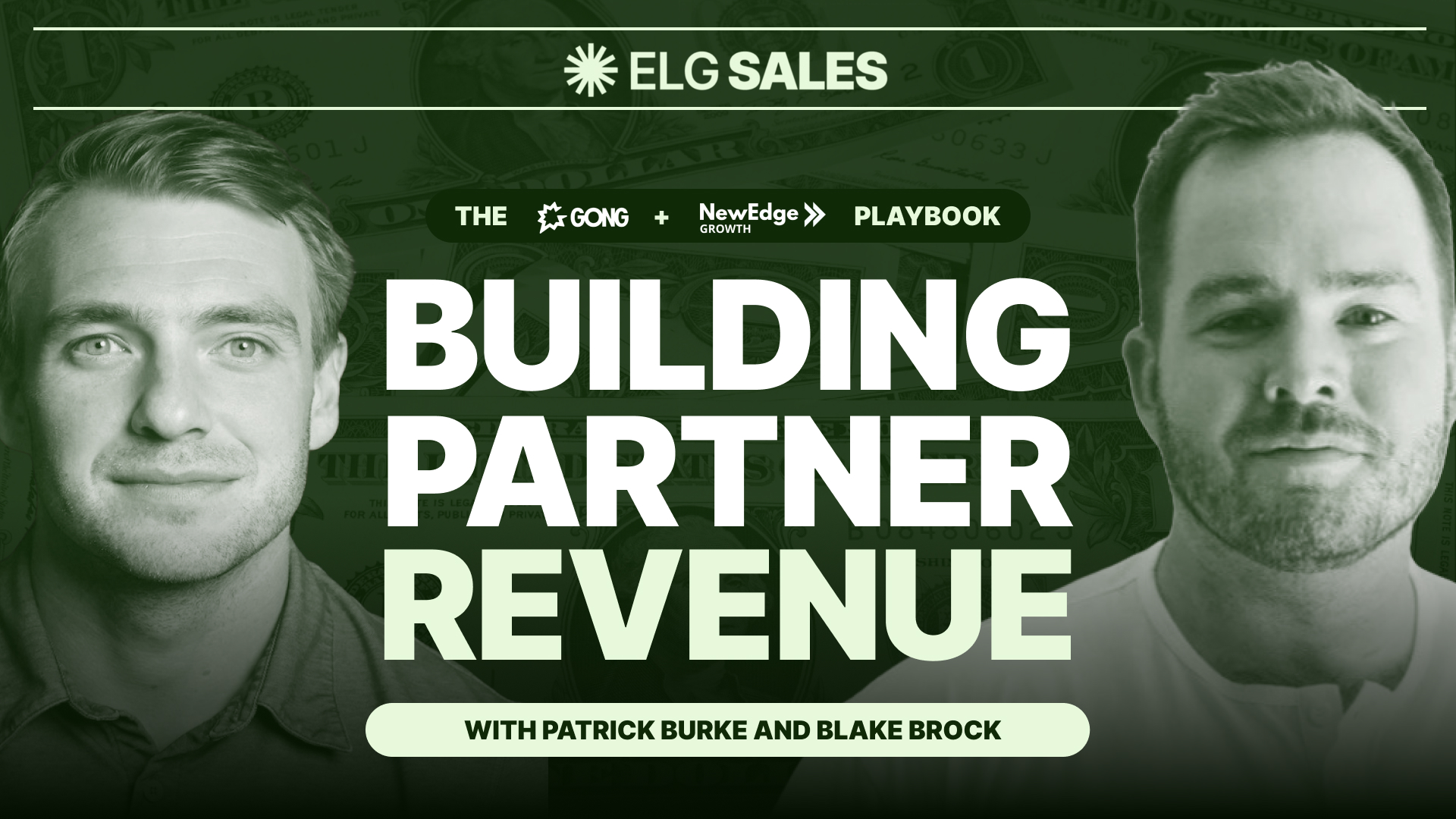
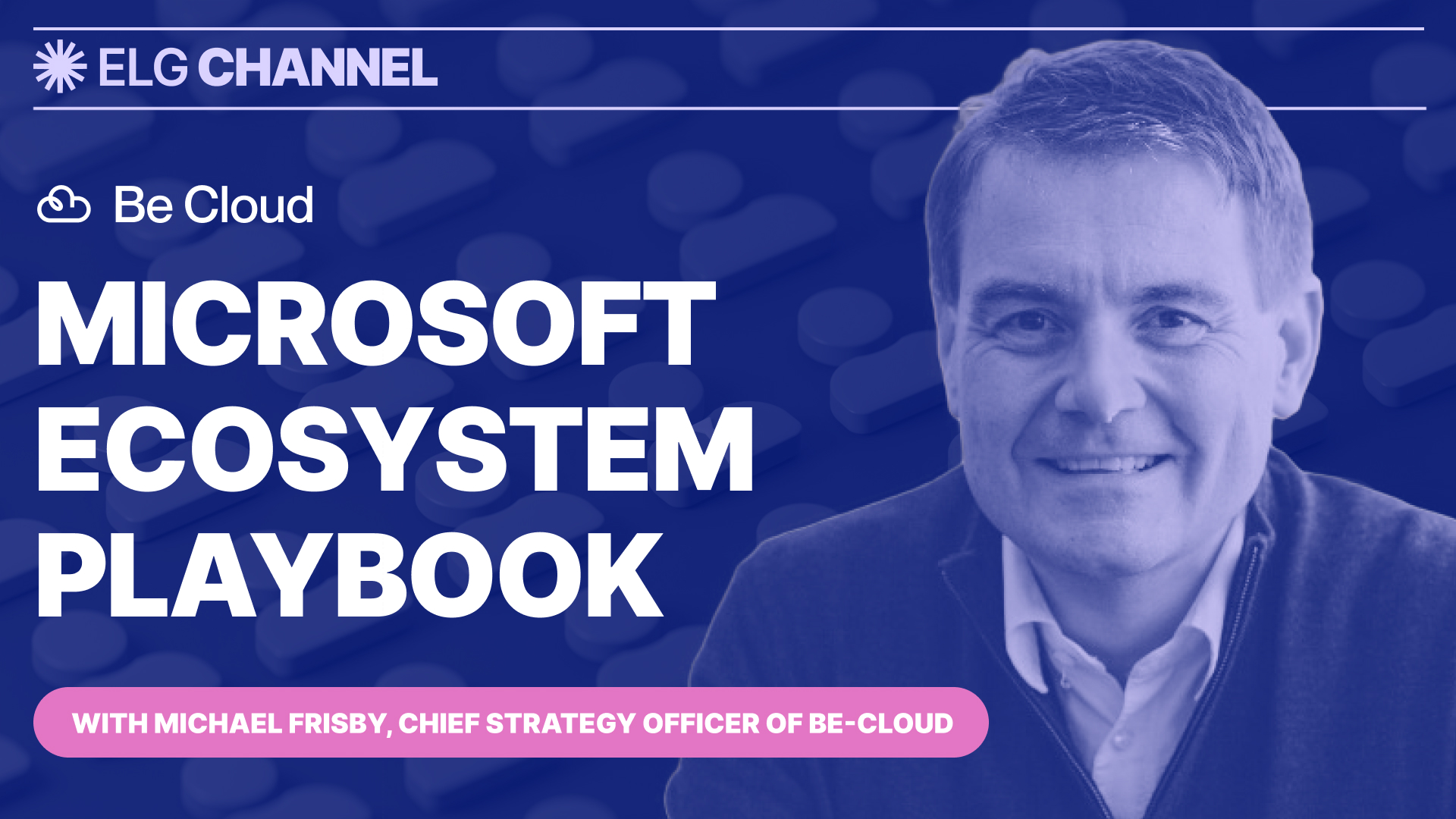




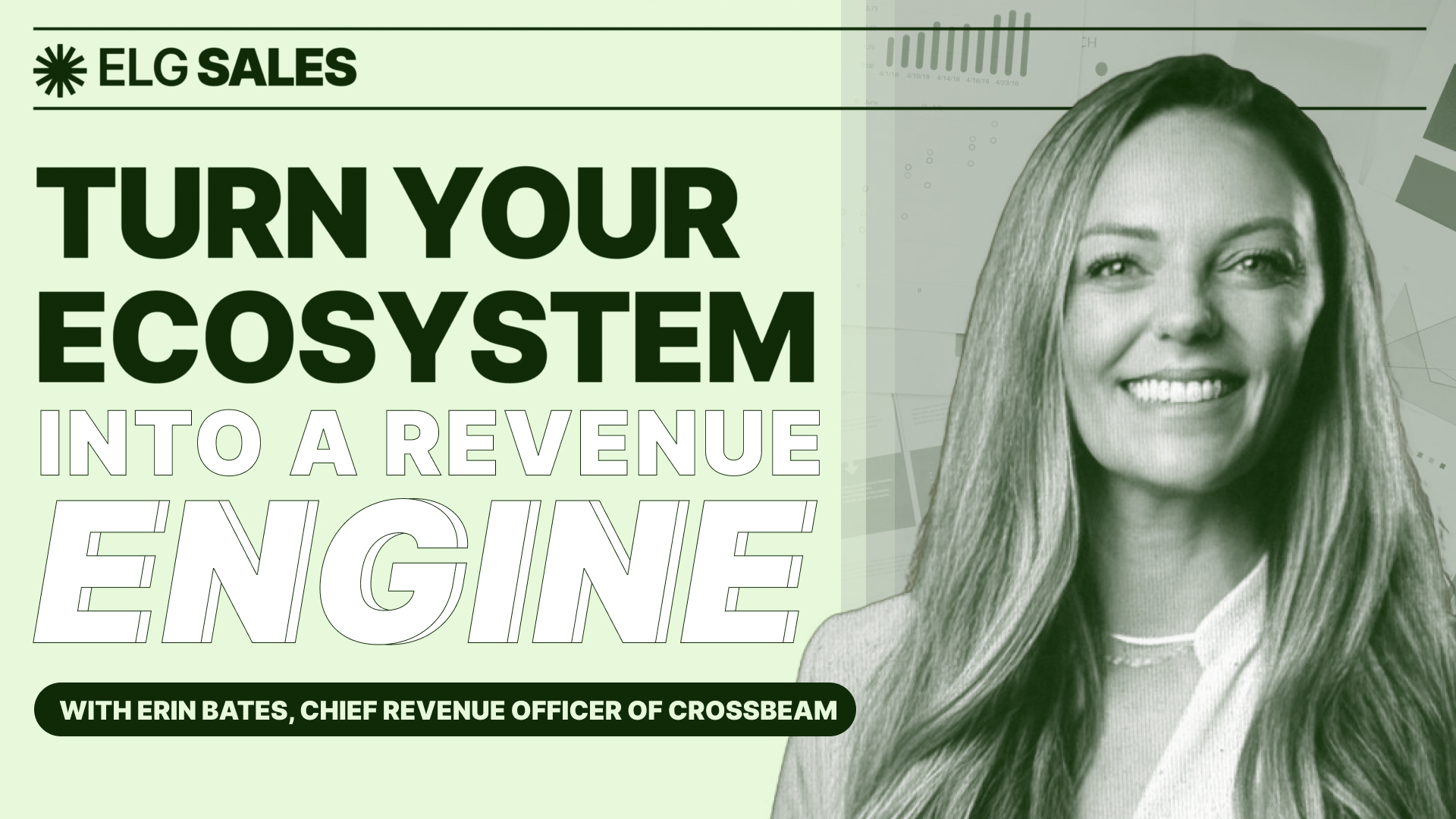

.jpg)







%20(1).jpg)






.png)
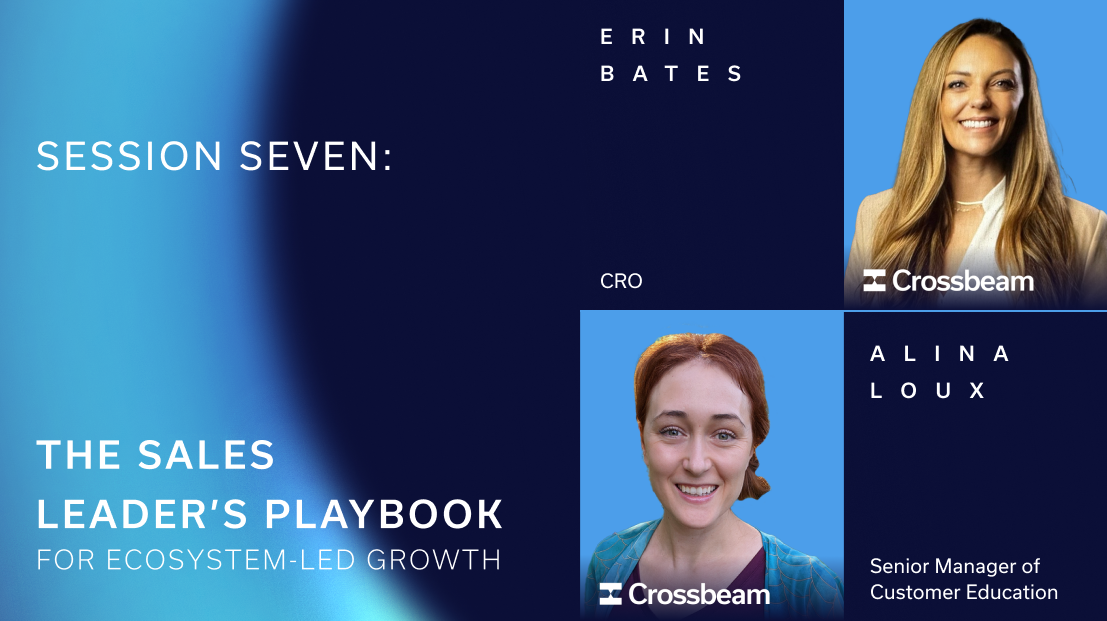
















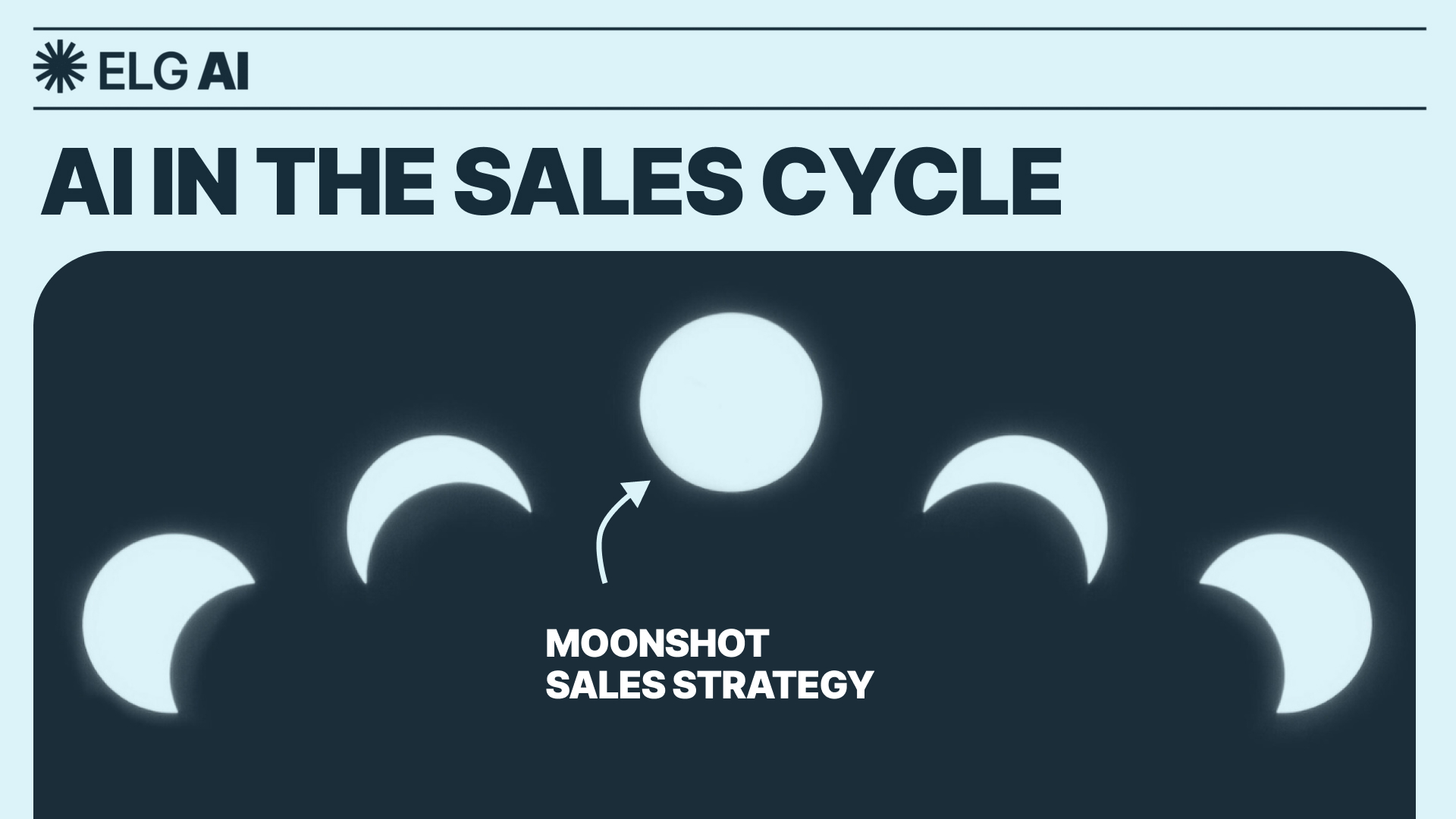

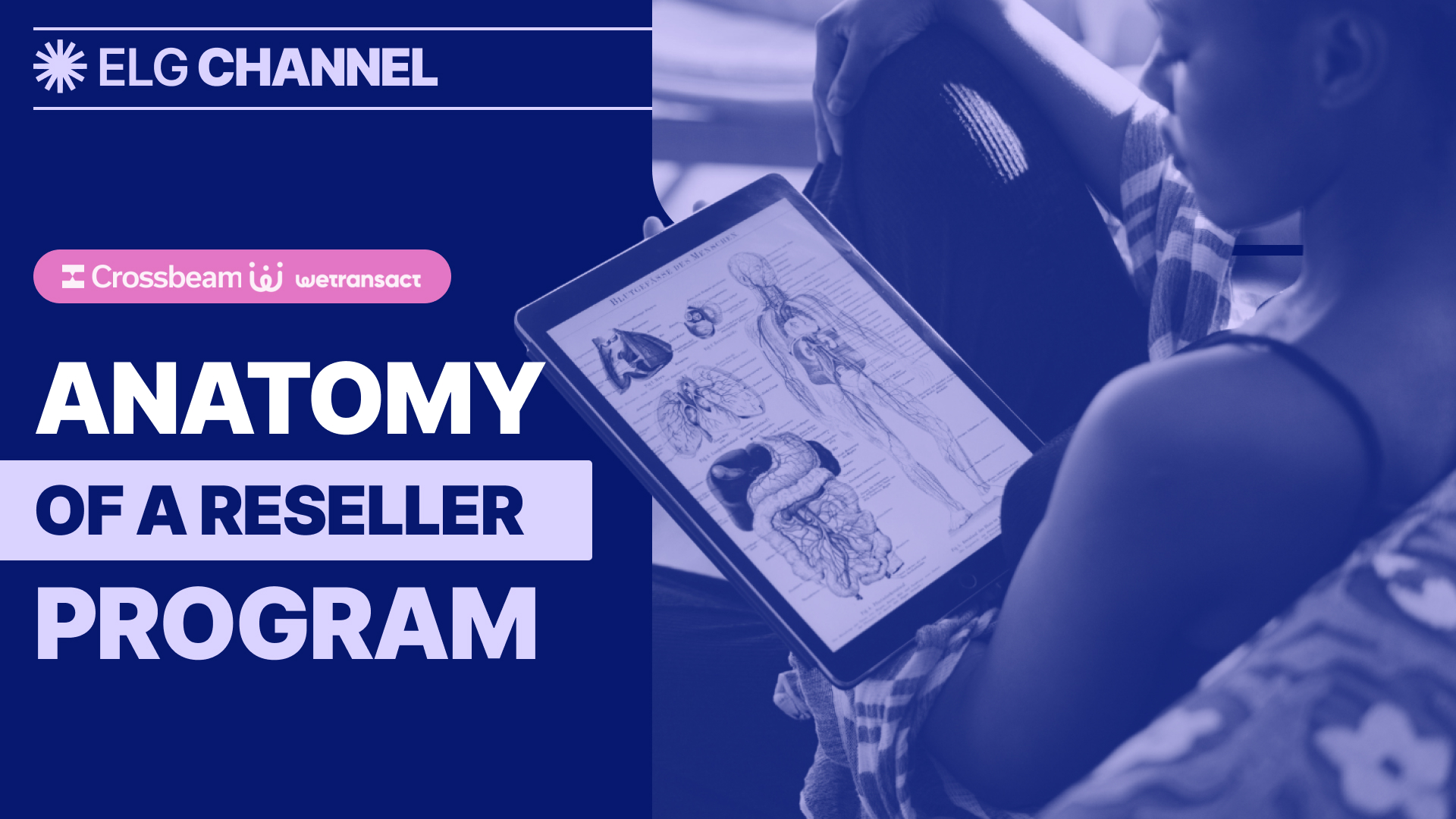








.jpg)




.png)



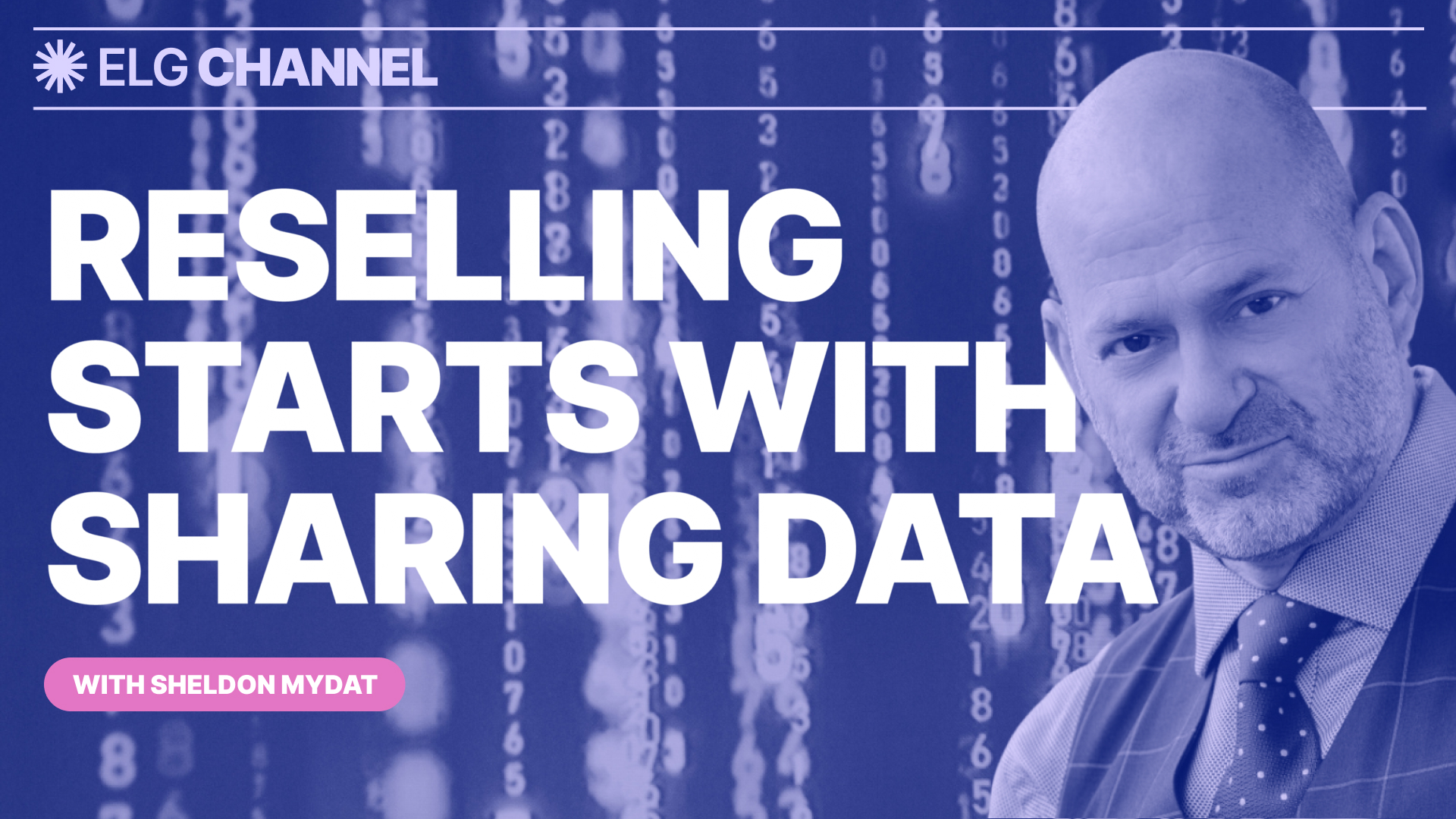


.jpg)





.jpg)

.webp)















